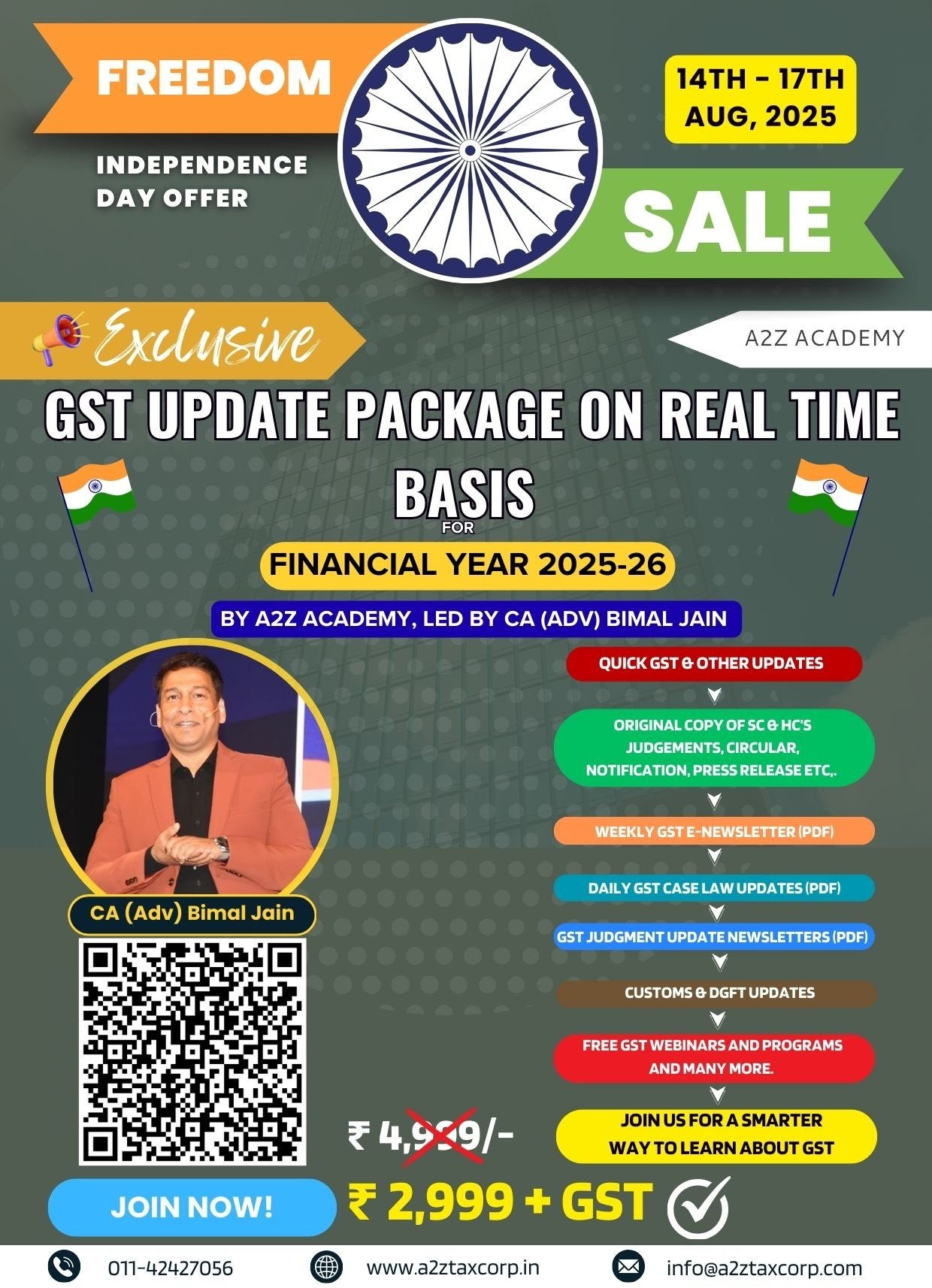
The Supreme Court resumed hearings on May 21, 2025, in the Gameskraft batch of GST cases. Senior counsel continued presenting arguments for the Federation of Indian Fantasy Sports (FIFS).
He referred to 14 rulings from various High Courts and the Supreme Court. These judgments had classified fantasy sports as a game of skill. He noted that multiple PILs and appeals against Dream11 were dismissed, including Varun Gumber’s review petition on grounds of merits and delay.
He pointed out that the GST department had released two audit reports. Both reports stated that Dream11’s activities fall under games of skill, not gambling. They also confirmed that the prize pool is not an actionable claim linked to gambling or betting.
He mentioned a past showcause notice issued under the service tax regime. That notice was withdrawn after concluding Dream11’s activities were not wagering or betting.
He added that a Right to Information (RTI) reply supported the Rajasthan High Court’s judgment. The Ministry of Finance had accepted this decision and filed no appeal.
He warned that sustaining the showcause notices would affect the fantasy sports industry. He stated it would halt foreign investment and lead to job losses.
Another Senior counsel presented arguments for fantasy sports platform Vision11. He stated that the 2023 GST amendments introduced a new category: online money gaming.
He argued that before 2023, no legal classification existed for online money gaming. As a result, such platforms were not liable for GST.
He noted a 2023 proviso changed the definition of a supplier. “The amendment made platforms liable to pay GST on behalf of players,” he stated.
He added that, before this change, platforms had no GST liability on the full deposit amount.
The bench confirmed that hearings will continue on May 22. It will hear other submissions post July vacation. A consolidated reply by the ASG will follow.
Gameskraft GST hearings Day 10: Senior counsel claims fantasy sports companies complying and paying GST as per new rules, only have issue with retrospective show cause notices
On Day 10 of the Gameskraft GST hearing, Senior Counsel represented the Federation of Indian Fantasy Sports (FIFS). He began his submissions in the Supreme Court on May 20, 2025, stating that fantasy sports are “undoubtedly a game of skill” and noted that the industry has 14 judgments from High Courts and the Supreme Court supporting this view.
He added that fantasy sports originated decades ago at Harvard University. He asserted that these contests constitute the supply of actionable claims and not gambling or betting, and hence, should be exempt from Goods and Services Tax (GST).
He contended that the final paragraph of the Satyanarayana judgment is not binding and can be seen as obiter dicta or per incuriam. To support this claim, he referred to the Wambaugh test, accepted by a nine-judge Supreme Court bench in the Property Owners Association case. He highlighted that since October 1, 2023, the industry has been paying 28% GST on initial deposits. This is in accordance with amendments that clarified taxation for all forms of online money gaming — both skill-based and chance-based — under Rule 31B of the CGST Rules.
He challenged Rule 31A(3) as ultra vires and unconstitutional. He argued that it incorrectly reads the phrase “gambling and betting” as two separate categories, thereby misinterpreting the term, which is now nomen juris. He added that the rule contradicts the parent Act and the principle of transaction value.
He further claimed that Rule 31A(3) violates Article 14 of the Constitution by grouping skill-based and chance-based games under the same provision. He supported his arguments by citing various judgments that uphold the classification of fantasy sports as games of skill.
He refuted the Additional Solicitor General’s claim that the 2023 amendments were surplusage. Datar argued that the amendments introduced new definitions, explanations, and rules for online money gaming and casinos for the first time. According to him, this indicated that earlier no such taxing power existed.
In a lighter moment, he quoted from MC Chagla’s book ‘Roses in December.’ He said Justice Chagla and then Bombay Chief Minister Morarji Desai both enjoyed the bridge. However, Chagla played for stakes while Desai did not, so a game between them never took place. Read Here


